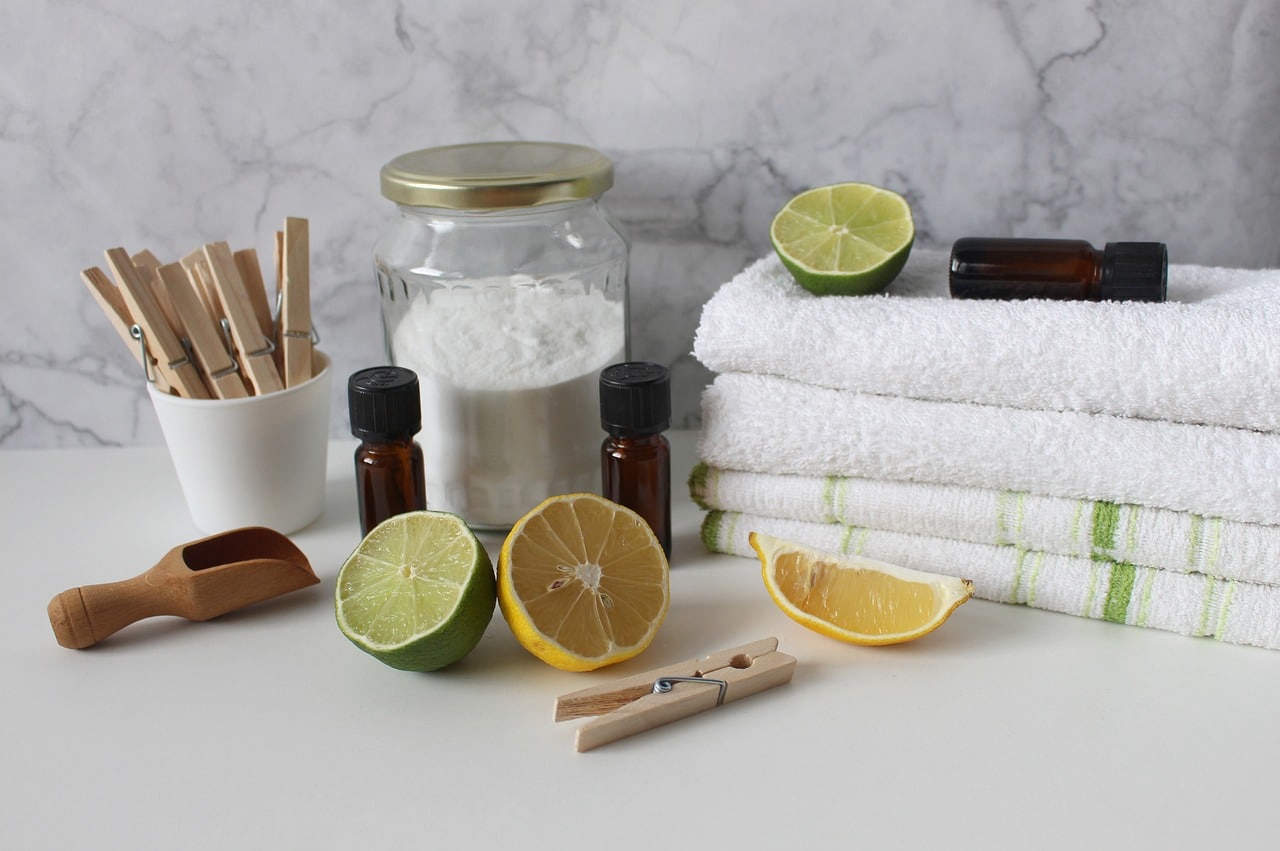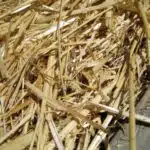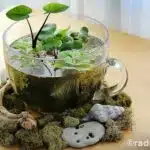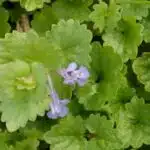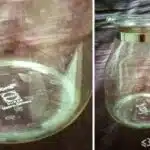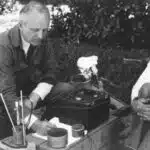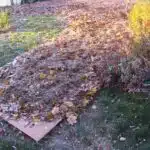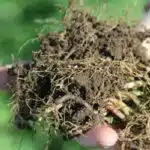Weeds can be a nuisance in any garden, and many gardeners resort to using chemical weed killers to keep them under control. However, these chemicals can be harmful to the environment, pets, and people. Luckily, there are plenty of DIY weed killers that work just as well and are much safer to use. In this article, we will explore some of the best natural weed killers and how to make them.
Why Use DIY Weed Killers?
Using DIY weed killers has several benefits:
- They are much safer for the environment than chemical weed killers.
- They are often made from natural ingredients that you may already have in your home.
- They are usually much cheaper than chemical weed killers.
- They are effective at killing weeds.
How to Use DIY Weed Killers
Using DIY weed killers is easy. Here are some tips for using them effectively:
- Apply the weed killer when the weather is dry and warm.
- Make sure the weed killer is applied directly to the weed and not the surrounding plants.
- Some weed killers may take a few days to work, so be patient.
10 DIY Weed Killers That Work
Here are ten natural weed killers that you can make at home:
1. Vinegar
Vinegar is a great natural weed killer. The acetic acid in vinegar dehydrates the weed, causing it to die.
To use vinegar as a weed killer, follow these steps:
- Mix equal parts vinegar and water in a spray bottle.
- Add a few drops of dish soap to the mixture.
- Spray the mixture directly onto the weed, making sure to cover the entire plant.
2. Salt
Salt is another effective weed killer. It works by dehydrating the plant and preventing it from absorbing water.
To use salt as a weed killer, follow these steps:
- Mix two cups of salt with one gallon of hot water.
- Stir until the salt is dissolved.
- Pour the mixture into a spray bottle and add a few drops of dish soap.
- Spray the mixture directly onto the weed.
3. Boiling Water
Boiling water is a simple and effective way to kill weeds. It works by scalding the weed and damaging its roots.
To use boiling water as a weed killer, follow these steps:
- Boil a pot of water on the stove.
- Carefully pour the boiling water over the weed, making sure to saturate the entire plant.
4. Rubbing Alcohol
Rubbing alcohol can also be used as a weed killer. It works by drying out the weed and causing it to wilt.
To use rubbing alcohol as a weed killer, follow these steps:
- Mix equal parts rubbing alcohol and water in a spray bottle.
- Add a few drops of dish soap to the mixture.
- Spray the mixture directly onto the weed, making sure to cover the entire plant.
5. Corn Gluten Meal
Corn gluten meal is a natural weed preventer that can also kill existing weeds. It works by inhibiting the growth of the weed’s roots.
To use corn gluten meal as a weed killer, follow these steps:
- Sprinkle the corn gluten meal onto the soil around the weed.
- Water the area thoroughly.
- The corn gluten meal will prevent the weed from growing and eventually kill it.
6. Baking Soda
Baking soda can be used as a weed killer in several ways. It works by raising the pH level of the soil, which makes it difficult for weeds to grow.
To use baking soda as a weed killer, try one of these methods:
- Sprinkle baking soda directly onto the weed.
- Mix equal parts baking soda and water in a spray bottle and spray the mixture directly onto the weed.
7. Citrus Oil
Citrus oil can be an effective natural weed killer. The d-limonene in citrus oil breaks down the weed’s cell walls, causing it to dry out and die.
To use citrus oil as a weed killer, follow these steps:
- Mix one cup of citrus oil with one gallon of water in a spray bottle.
- Add a few drops of dish soap to the mixture.
- Spray the mixture directly onto the weed, making sure to cover the entire plant.
8. Epsom Salt
Epsom salt is a natural weed killer that works by drawing moisture out of the weed, causing it to dry out and die.
To use Epsom salt as a weed killer, follow these steps:
- Mix two cups of Epsom salt with one gallon of hot water.
- Stir until the Epsom salt is dissolved.
- Pour the mixture into a spray bottle and add a few drops of dish soap.
- Spray the mixture directly onto the weed.
9. Cornmeal
Cornmeal can be used as a natural weed killer and weed preventer. It works by inhibiting the growth of weed seeds.
To use cornmeal as a weed killer, follow these steps:
- Sprinkle cornmeal around the base of the weed.
- Water the area thoroughly.
- The cornmeal will prevent the weed from growing and eventually kill it.
10. Homemade Weed Killer
You can make a homemade weed killer using vinegar, salt, and dish soap. This mixture is effective at killing weeds and can be made in large quantities.
To make homemade weed killer, follow these steps:
- Mix one gallon of vinegar with two cups of salt and ¼ cup of dish soap.
- Stir until the salt is dissolved.
- Pour the mixture into a spray bottle.
- Spray the mixture directly onto the weed, making sure to cover the entire plant.
Other Natural Weed Control Methods
In addition to DIY weed killers, there are other natural methods for controlling weeds in your garden. Here are some of the best options:
1. Hand Weeding
Hand weeding is one of the most effective ways to control weeds in your garden. It involves physically removing the weed from the soil by pulling it out by the roots.
To hand weed effectively, follow these steps:
- Wait until the soil is moist.
- Grasp the weed at the base near the soil.
- Pull the weed out of the soil, making sure to remove the entire root.
2. Mulching
Mulching is a great way to control weeds in your garden. It involves covering the soil around your plants with a layer of organic material, such as leaves or straw.
To mulch effectively, follow these steps:
- Spread a layer of organic material around your plants, making sure to cover the soil.
- Keep the layer of mulch at least two inches thick.
- The mulch will suppress weed growth by blocking sunlight from reaching the soil.
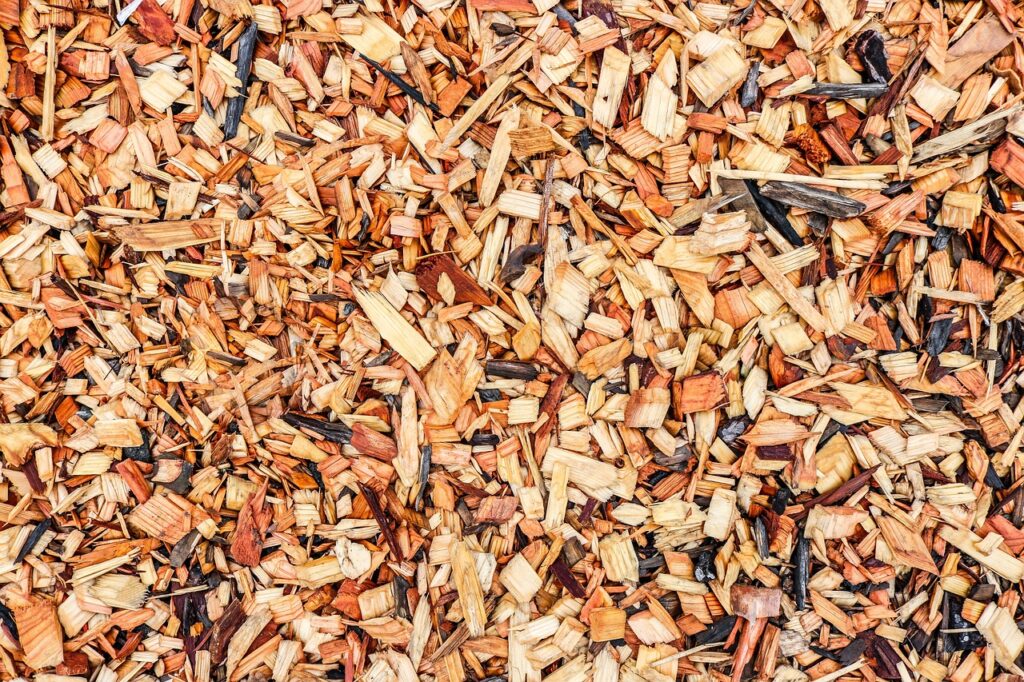
3. Mowing
Mowing is an effective way to control weeds in your lawn. It involves cutting the weeds before they have a chance to produce seeds.
To mow effectively, follow these steps:
- Keep your lawn mowed to a height of three inches or less.
- Mow your lawn regularly to prevent weeds from growing tall and producing seeds.
4. Solarization
Solarization is a method of weed control that involves covering the soil with clear plastic to trap heat from the sun. This method can be effective at killing weeds and weed seeds in the soil.
To solarize effectively, follow these steps:
- Clear the area of all weeds and debris.
- Water the soil thoroughly.
- Cover the soil with clear plastic, making sure to seal the edges.
- Leave the plastic in place for four to six weeks.
- The heat from the sun will kill the weeds and weed seeds in the soil.
Tips for Using DIY Weed Killers Safely
While DIY weed killers are generally safer than chemical weed killers, it’s still important to use them safely. Here are some tips to keep in mind:
- Always wear gloves and eye protection when using weed killers.
- Keep children and pets away from the area where the weed killer has been applied.
- Never use weed killers near edible plants.
- Always follow the instructions for the weed killer you are using.
Conclusion
DIY weed killers are a safe and effective way to control weeds in your garden. By using natural ingredients that you may already have at home, you can keep your garden looking beautiful without harming the environment. Whether you prefer vinegar, salt, or another natural weed killer, these solutions are sure to get the job done. Additionally, using other natural methods like hand weeding, mulching, mowing, and solarization can further help to control weeds in your garden. Remember to always use DIY weed killers safely, and enjoy a weed-free garden all season long.

